OpenAI's revolutionary text-to-video AI model has captured global attention. Popularity comes with a sting, a flood of imitation applications targeting unsuspecting users. OpenAI's video creation technology has become one of the most discussed AI tools of 2025, capable of transforming text descriptions into hyperrealistic video content. OpenAI's official Sora app is available on iOS (invite-only in some regions) and on the web; Android support is rolling out later, a gap scammers are eager to fill.
This distance between hype and availability is fertile ground for exploitation. Fraudulent developers are not just riding the trend, they are using AI powered tricks that strain ordinary security checks and chip away at marketplace trust.
The copycat invasion: How fake Sora apps infiltrated Apple's ecosystem
Apple's App Store is teeming with impostors. Copycat developers have flooded the platform with applications bearing deceptive names like "Sora AI Video Generator" and "Sora 2 Pro", hoping to snag users searching for the real thing. Many offer free downloads with premium subscriptions, then deliver weak results or quietly harvest personal data instead of true AI video generation.
The trickery is not just name games. Users worldwide encounter numerous fake applications when searching for Sora. Some charge for features that imitate OpenAI's text-to-video using entirely different models. OpenAI's controlled rollout strategy, designed to gather user feedback, leaves a supply vacuum, and the black-market crowd pounces.
The money drain tells the story. Some clone apps have charged subscription fees; several impostors generated significant revenue before removal (see revenue figures below). Users pay, then realize they are using rebranded tools like stable diffusion or DALL-E, not Sora. Others sit in endless queues, hours lost, waiting for videos that never arrive. What do they get for the cash? Frustration, mostly.
The broader fraudulent app epidemic
Zoom out and the pattern gets louder. Industry analysis shows a staggering 300% increase in fraudulent iOS applications during 2025. Android sees an even sharper 600% surge. The spike tracks with AI tools that make apps look and read like the real deal.
Worse, the schemes are getting craftier. Malicious developers use artificial intelligence to generate convincing app descriptions that slip through reviews. Others spin up fake versions of popular apps like Facebook to steal logins. Many then pump artificial traffic to harvest ad revenue, a full business model built on smoke and mirrors.
The most unsettling shift is access. Specialized AI tools and websites now let non-programmers build fraudulent apps. The barrier to entry that used to require real coding chops is gone, which widens the field and speeds the churn.
Apple's response and ongoing challenges
Apple prides itself on tight reviews, yet the terrain keeps moving. AI-powered fraud schemes can now simulate legitimate user behavior, which makes old-school detection far less effective. OpenAI's legitimate applications include ethical safeguards like content watermarks, copycats rarely bother, so misinformation and deepfakes slip through.
Then there is scale. Even rigorous checks struggle when thousands of apps chase the same AI trend at once. Review teams get outpaced, and automated filters are gamed by tools built to look normal.
User reporting adds another snag. People cannot report apps they have not downloaded, which leaves an easy blind spot for bad actors. To flag a fraud, users often have to take a risk first. OpenAI has posted public guidance about Sora's safety features and mitigations (watermarks, C2PA metadata, tracing tools), while the platform and stores continue to address impostors, so consumers end up navigating the mess largely on their own.
What this means for the future of mobile app security
The Sora copycat wave is a line in the sand. Experts argue that companies like Apple and Google must rethink how they vet apps in a world where AI accelerates deception. Trend chasers move fast, and polished fakes blur the line even for savvy users.
It is an arms race, and the old defenses were built for human-speed scams. Now, sophisticated fraud kits are easy to use, so convincing fake apps no longer require big budgets or elite skills. The threat surface widens, the tempo quickens.
The ripple effects go beyond app fraud. As AI helps spin up lifelike descriptions, realistic reviews, and slick interfaces, the usual trust cues start to wobble. Detection is only half the job. We also need a better system for proving what is real in the first place. My bet, the clones get craftier before platforms catch up.
PRO TIP: When searching for AI applications like Sora, stick to official company websites and verified developer accounts. Check app developer information carefully, read recent user reviews for consistent experiences, and be particularly wary of apps offering immediate access to technologies still in limited release.
For consumers, the takeaway is simple, caution wins. Be skeptical of apps that promise cutting-edge access, especially when the official version is not widely available. As the ecosystem evolves, the tug-of-war between real innovation and fraud will intensify, and both platforms and users will need new habits to stay safe.





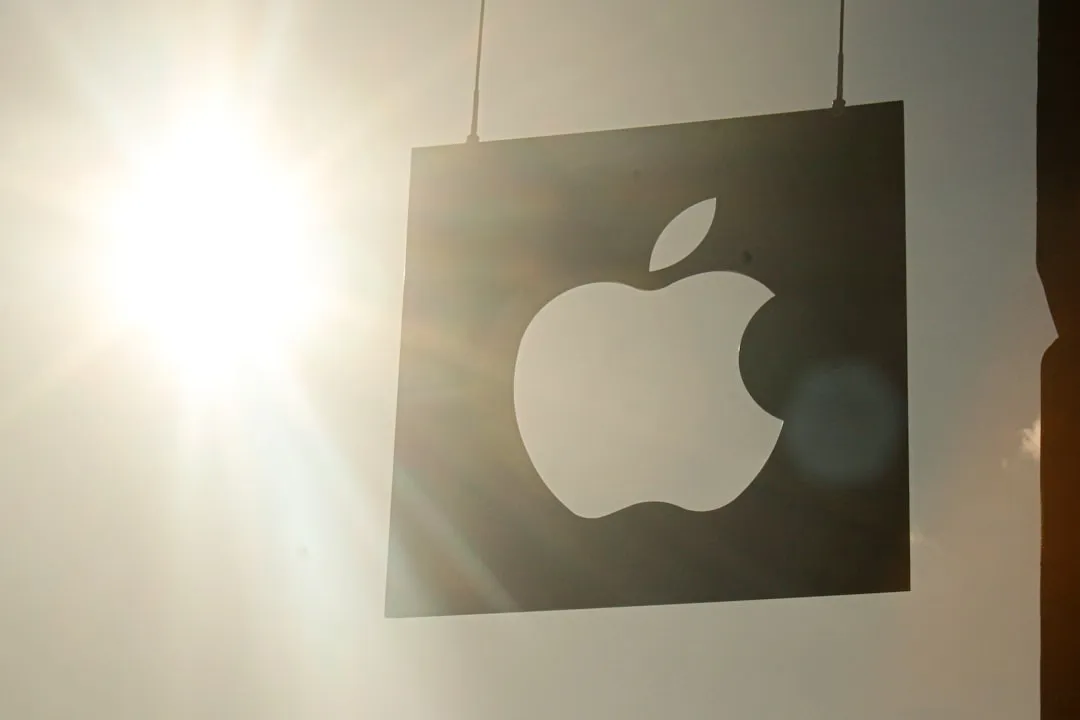
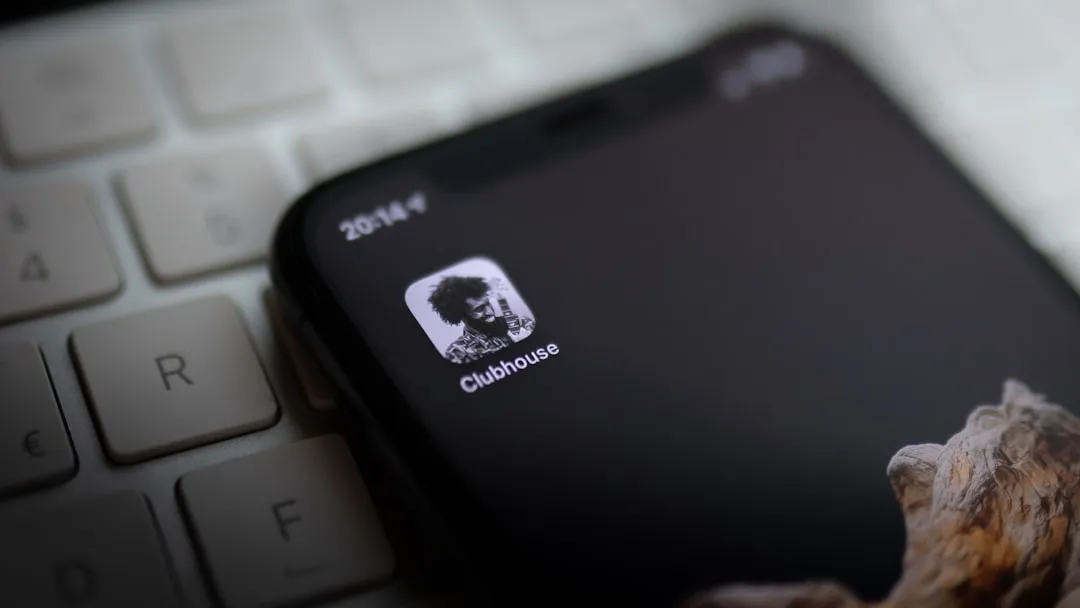
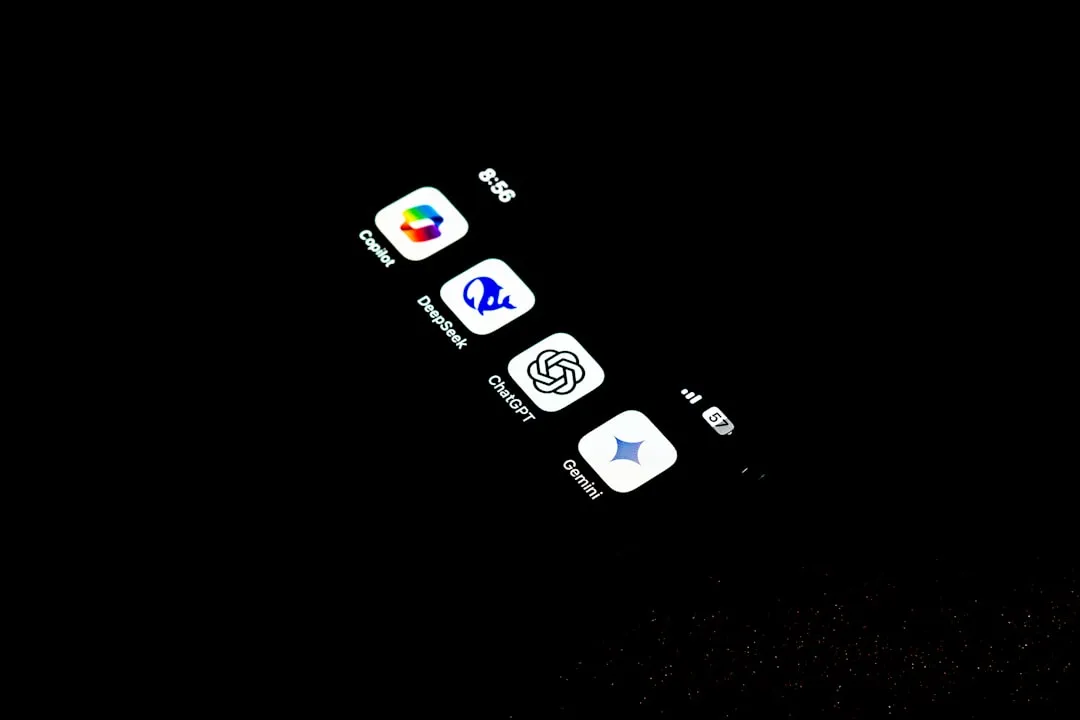
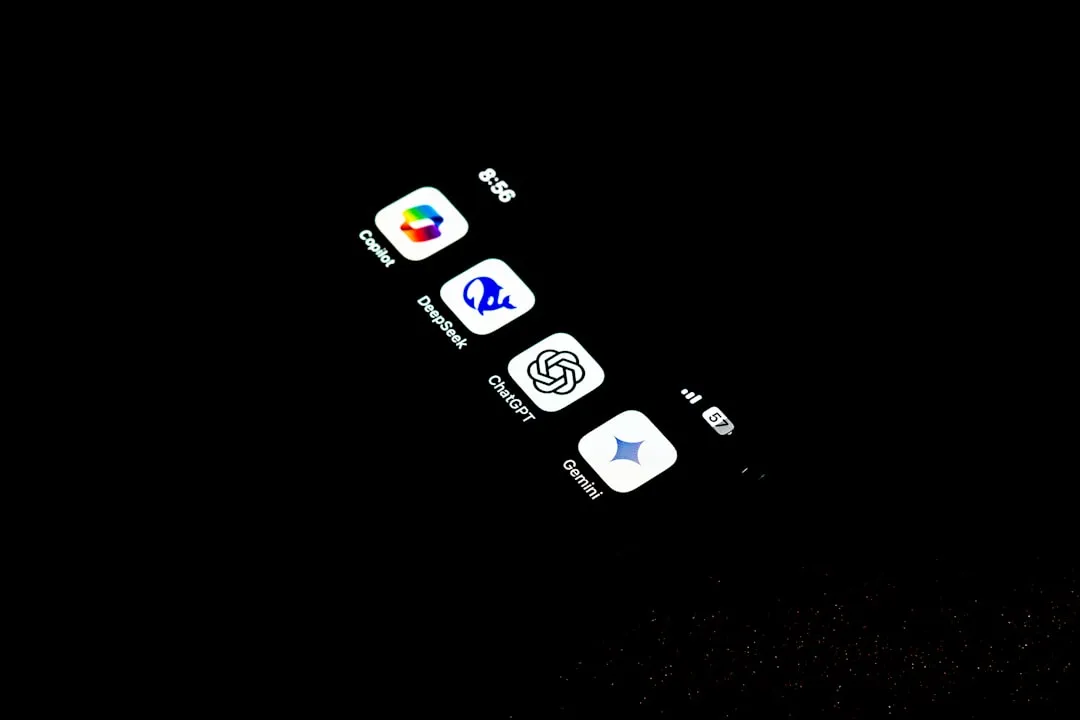


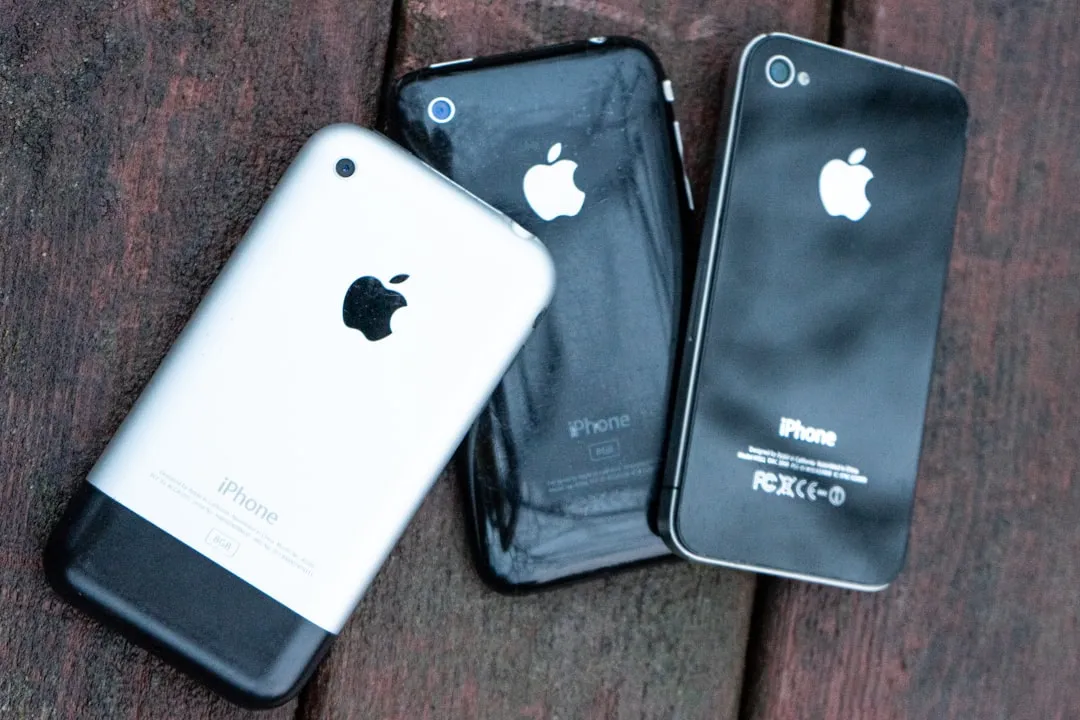

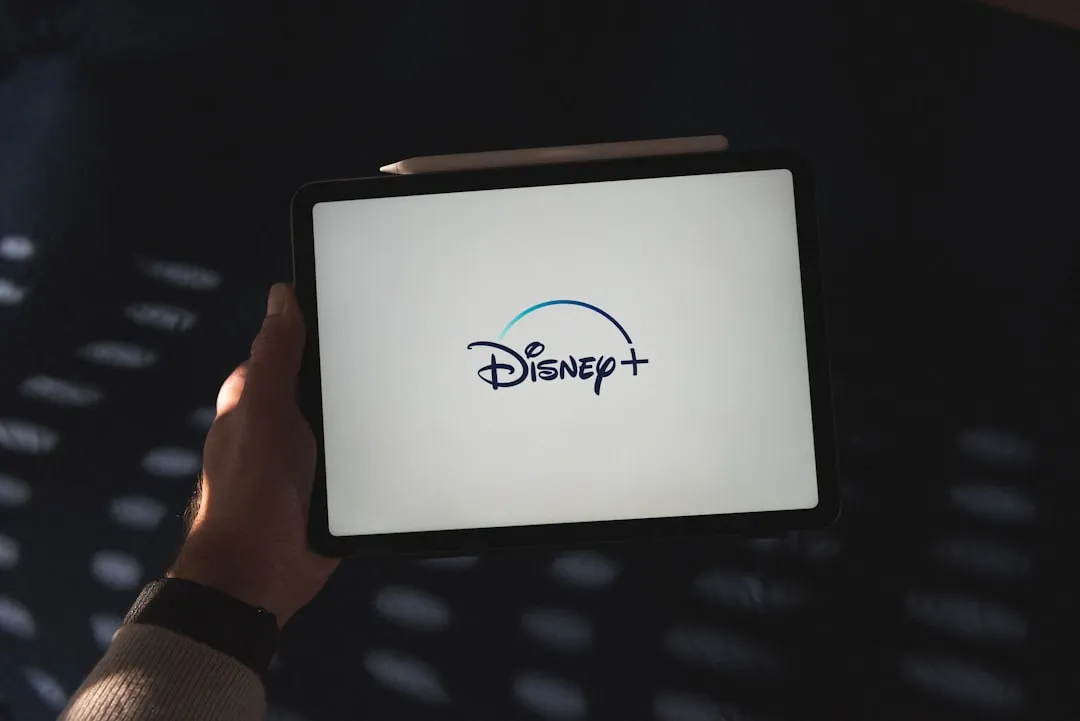
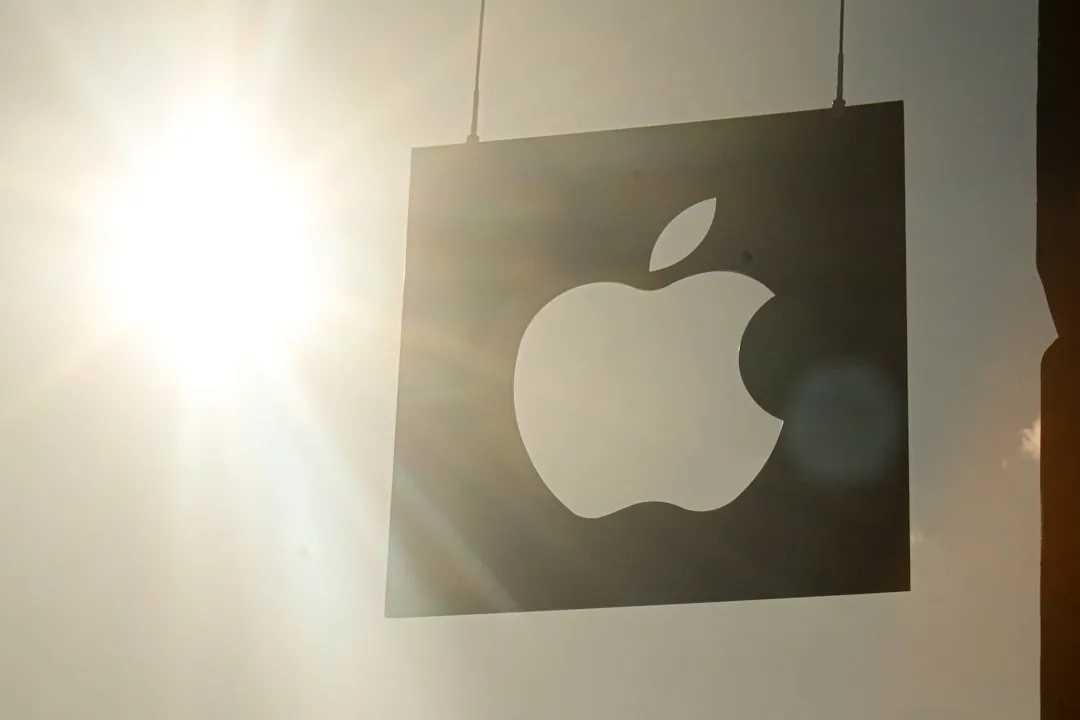
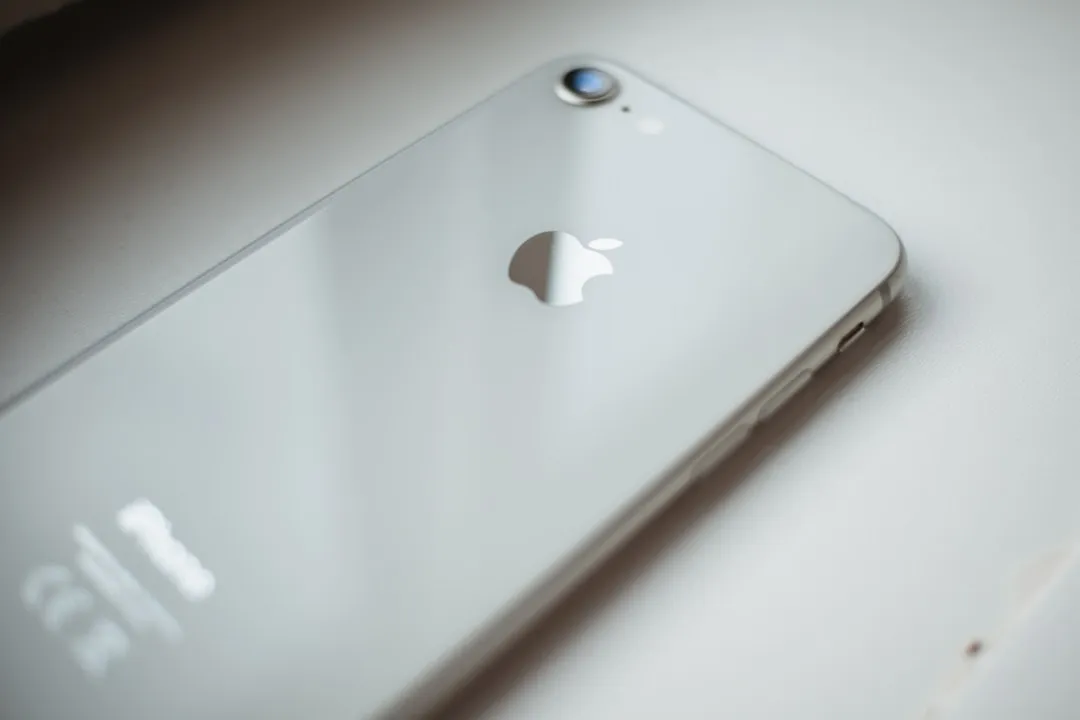


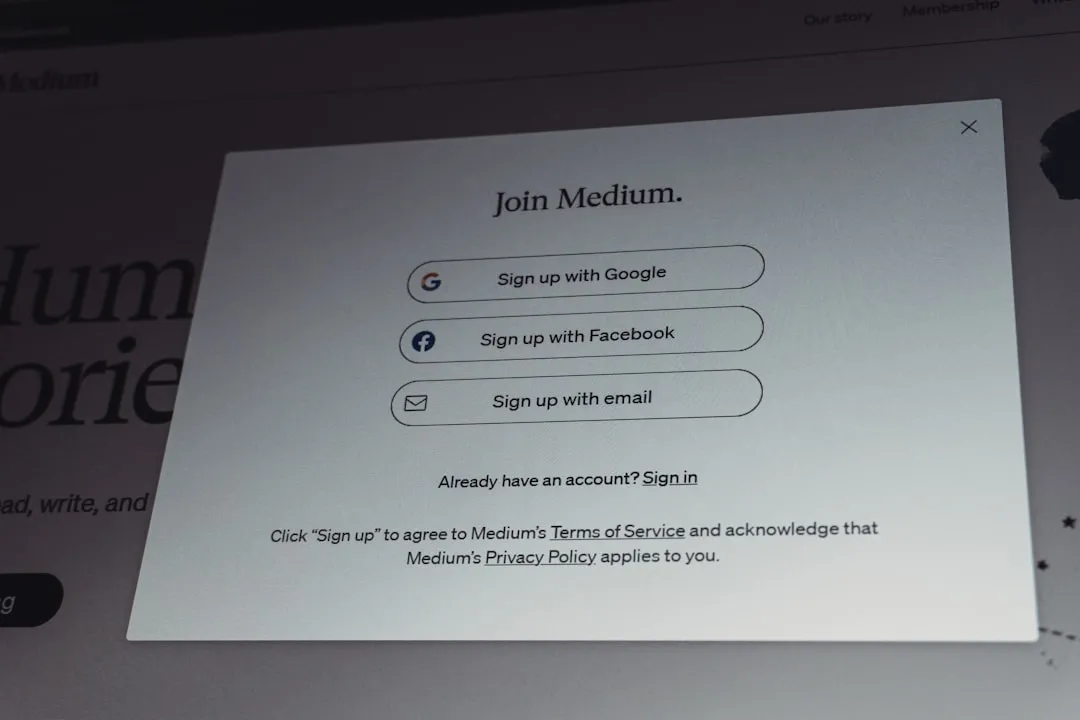
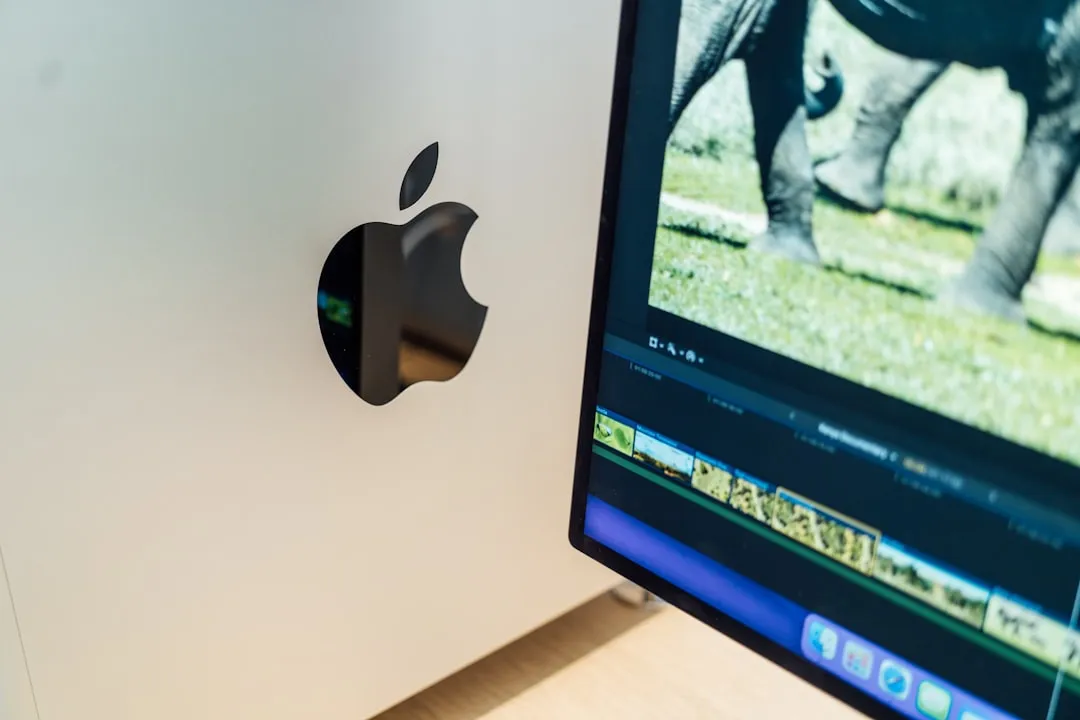
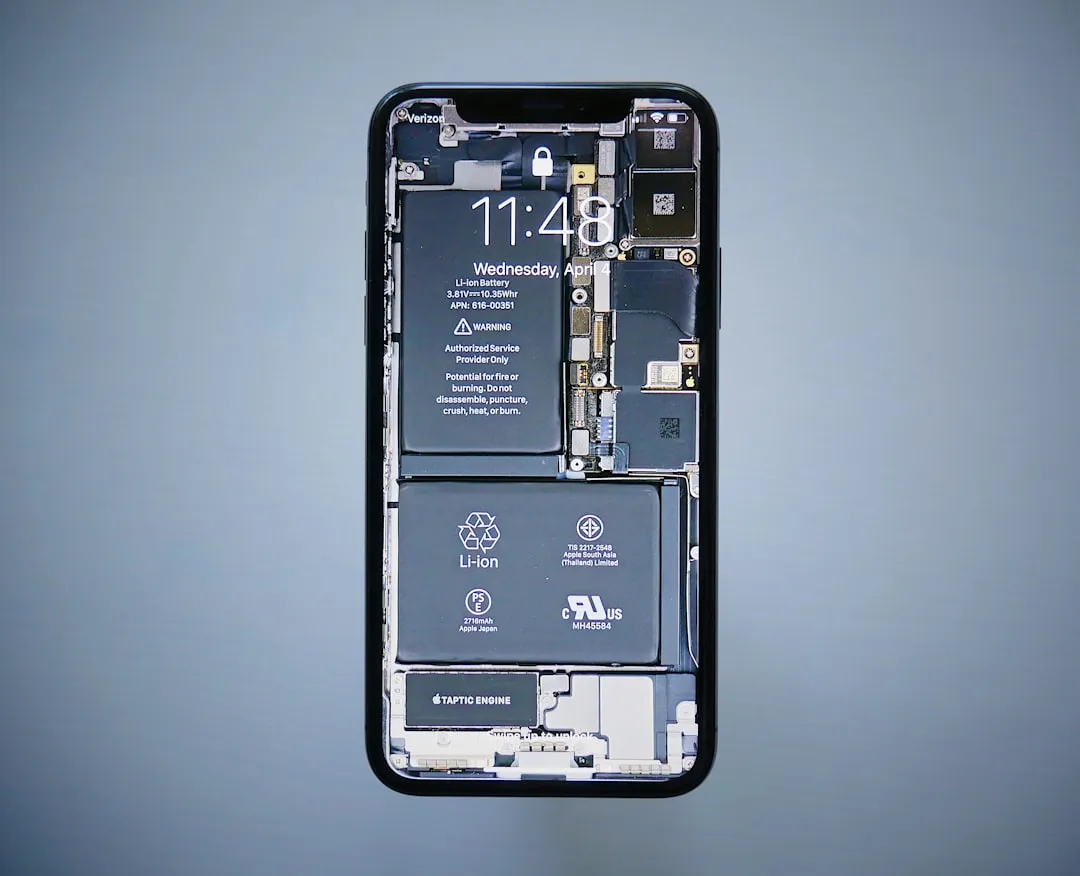

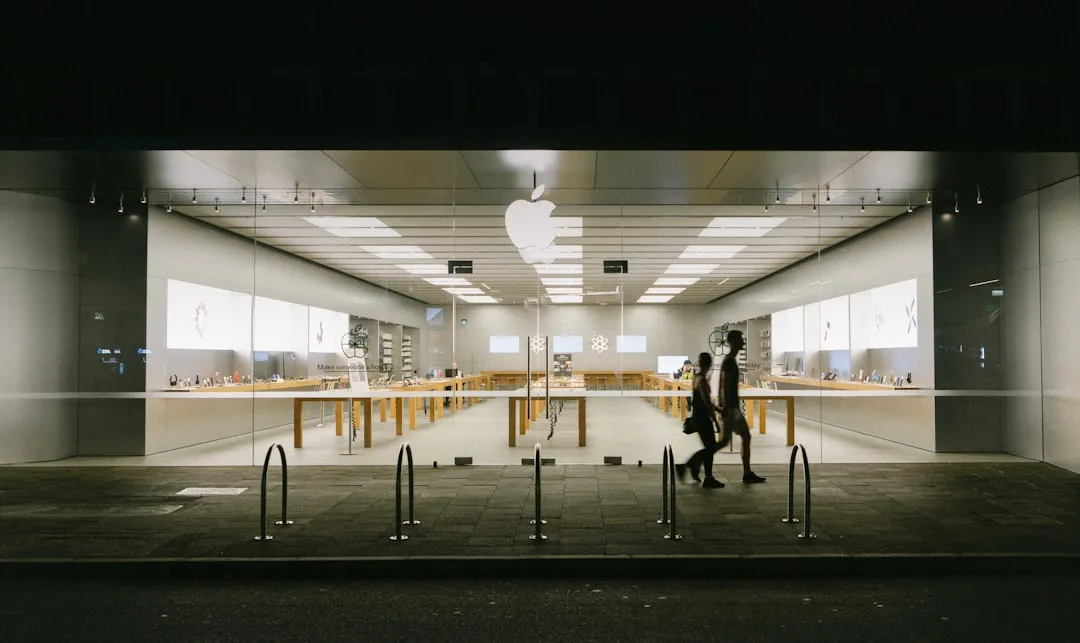
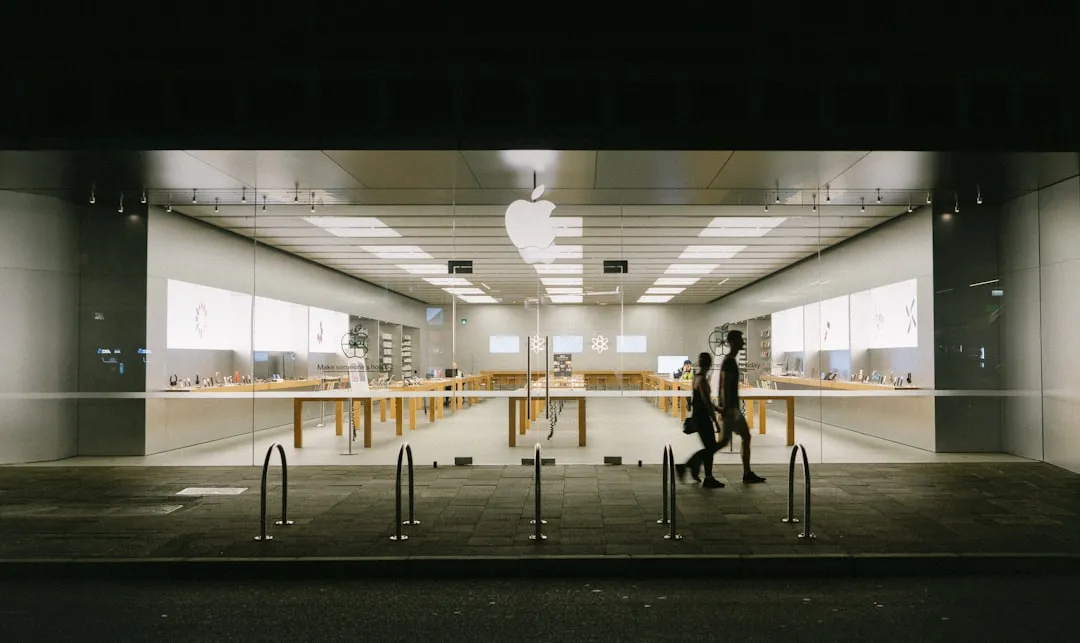

Comments
Be the first, drop a comment!